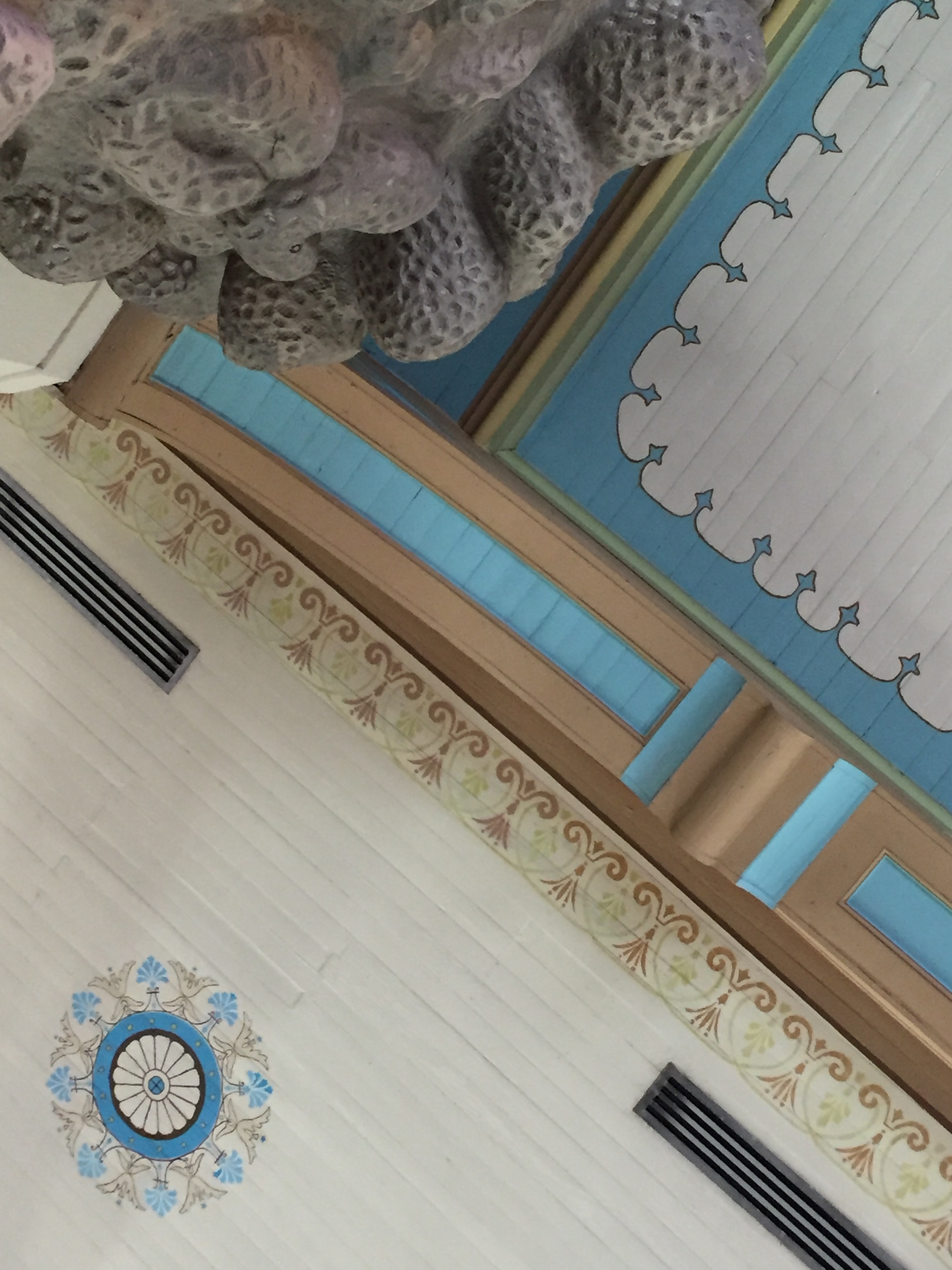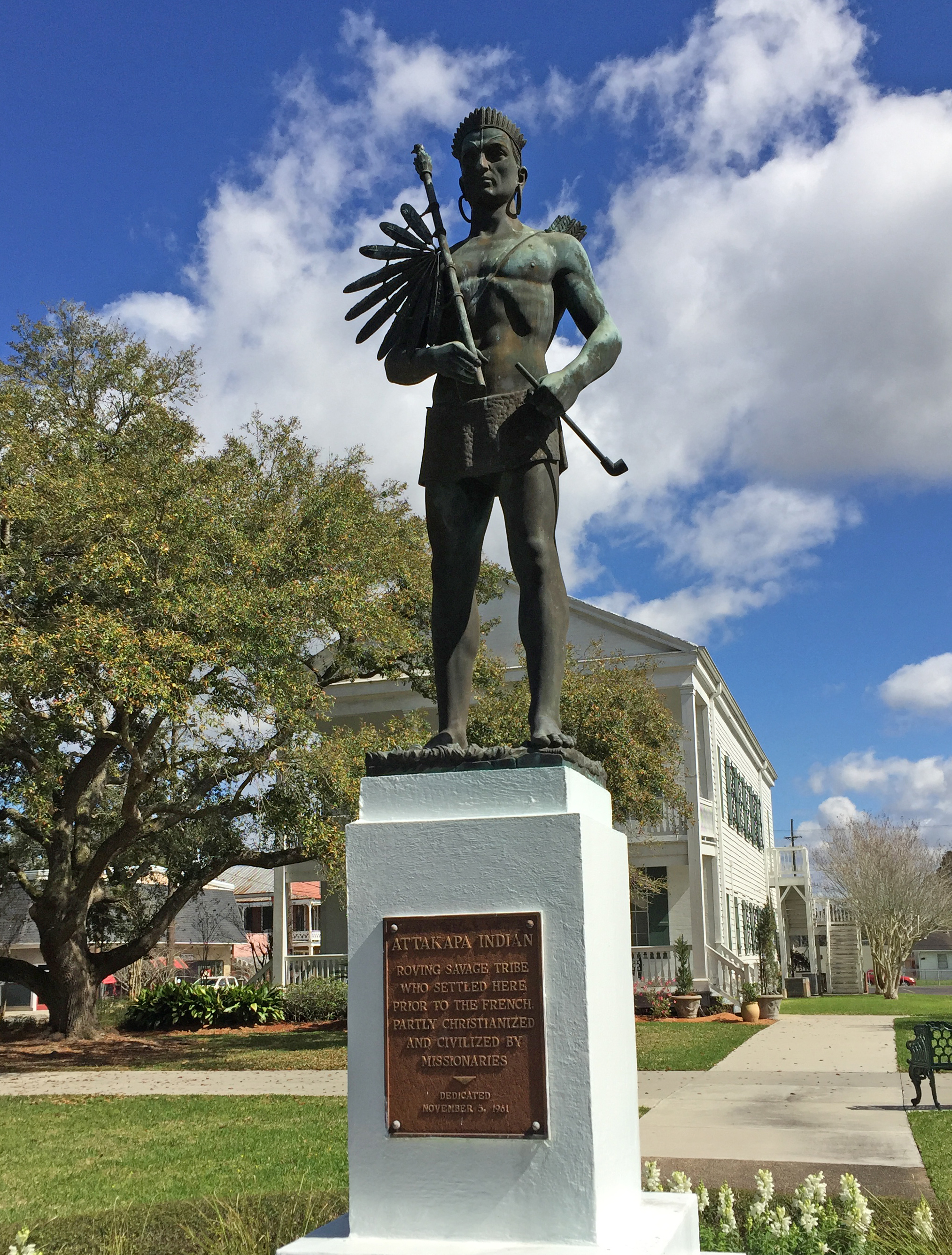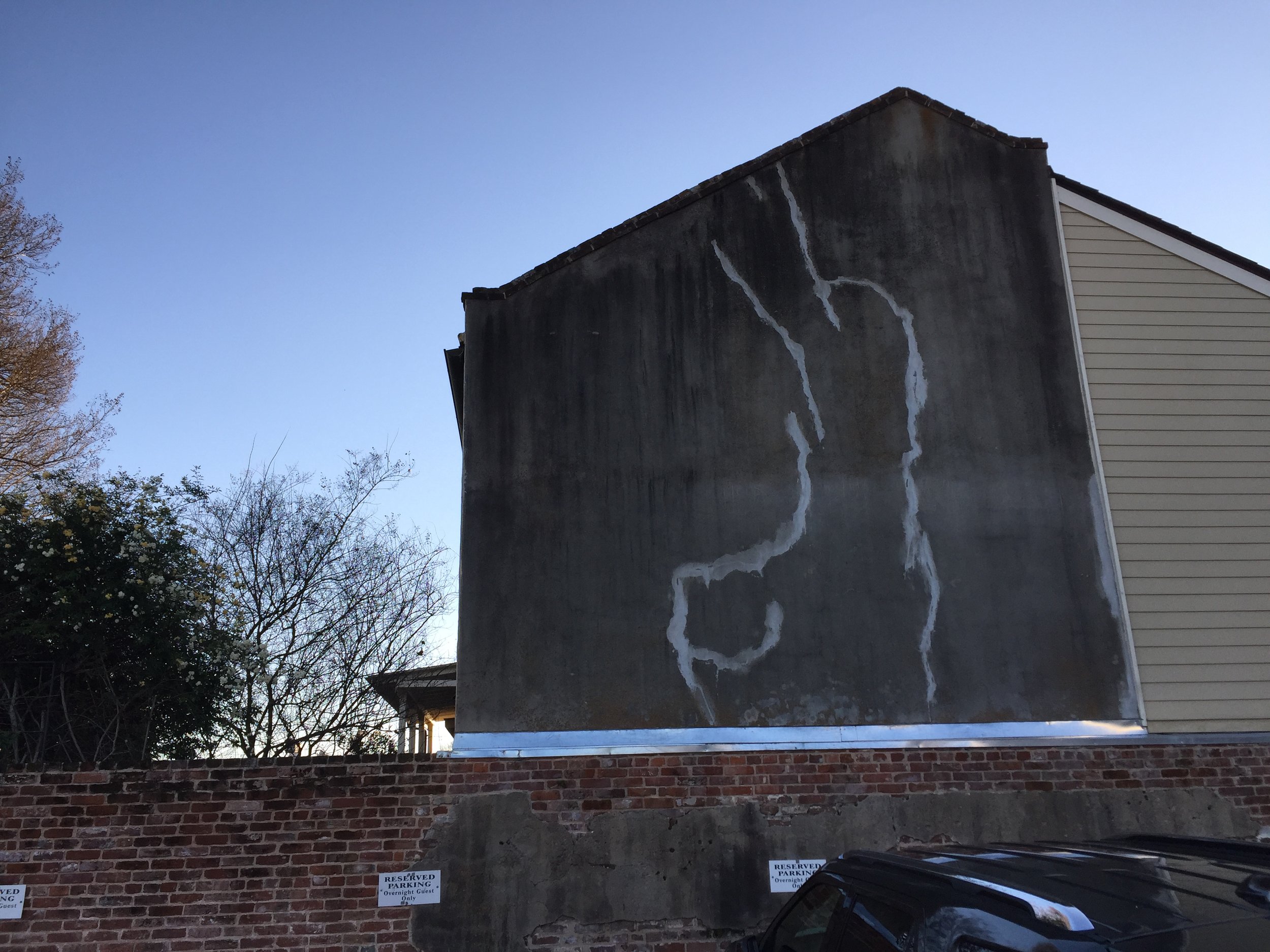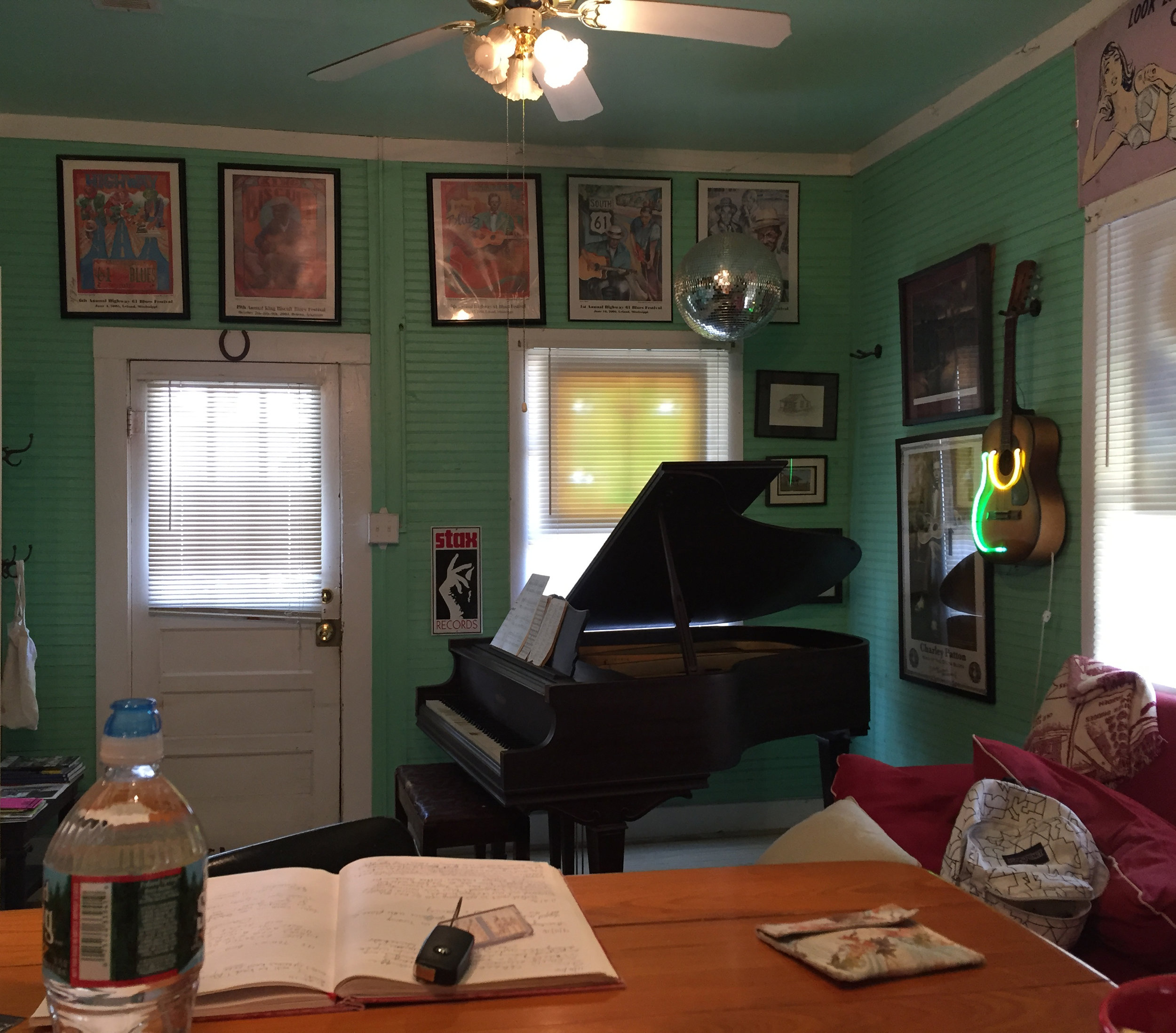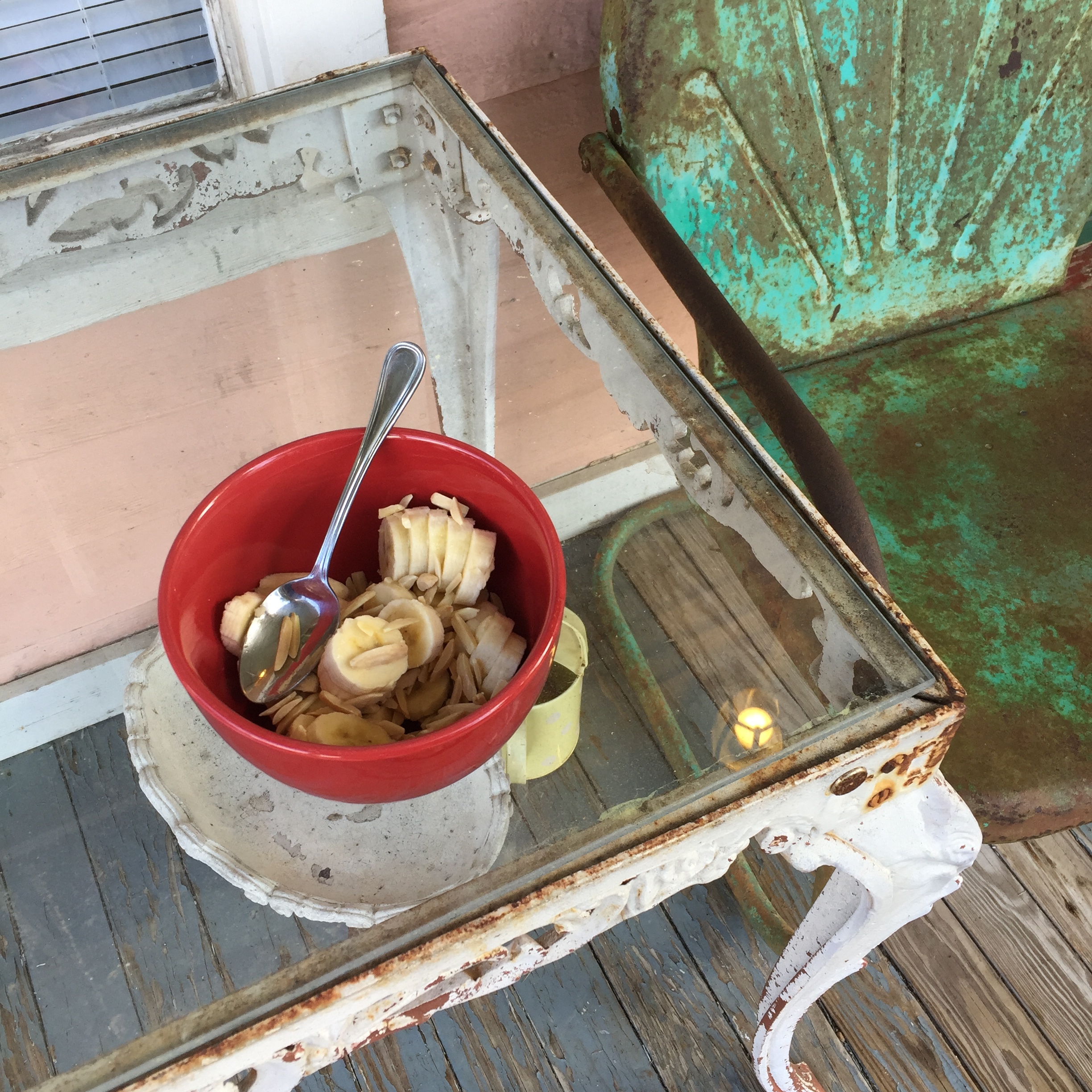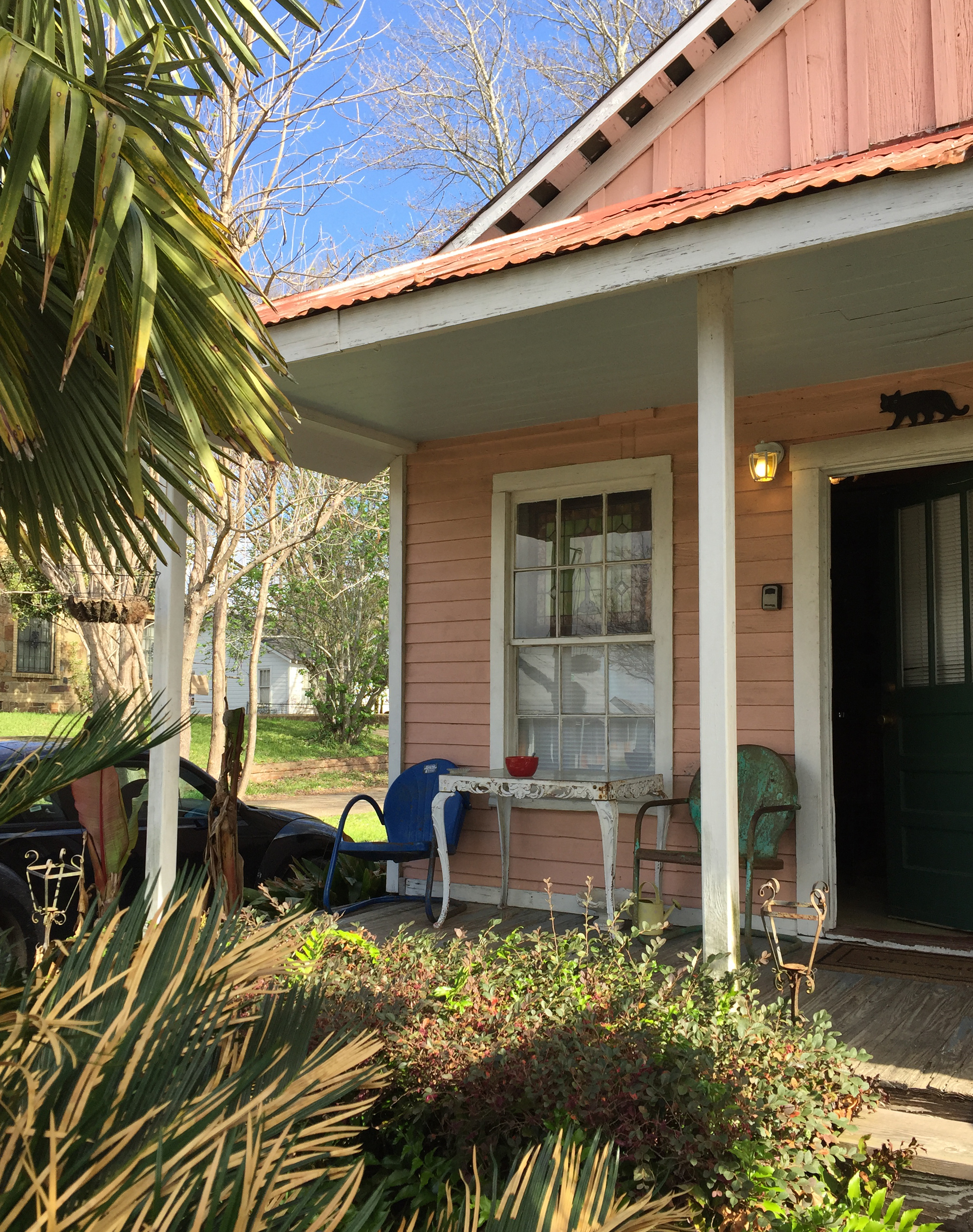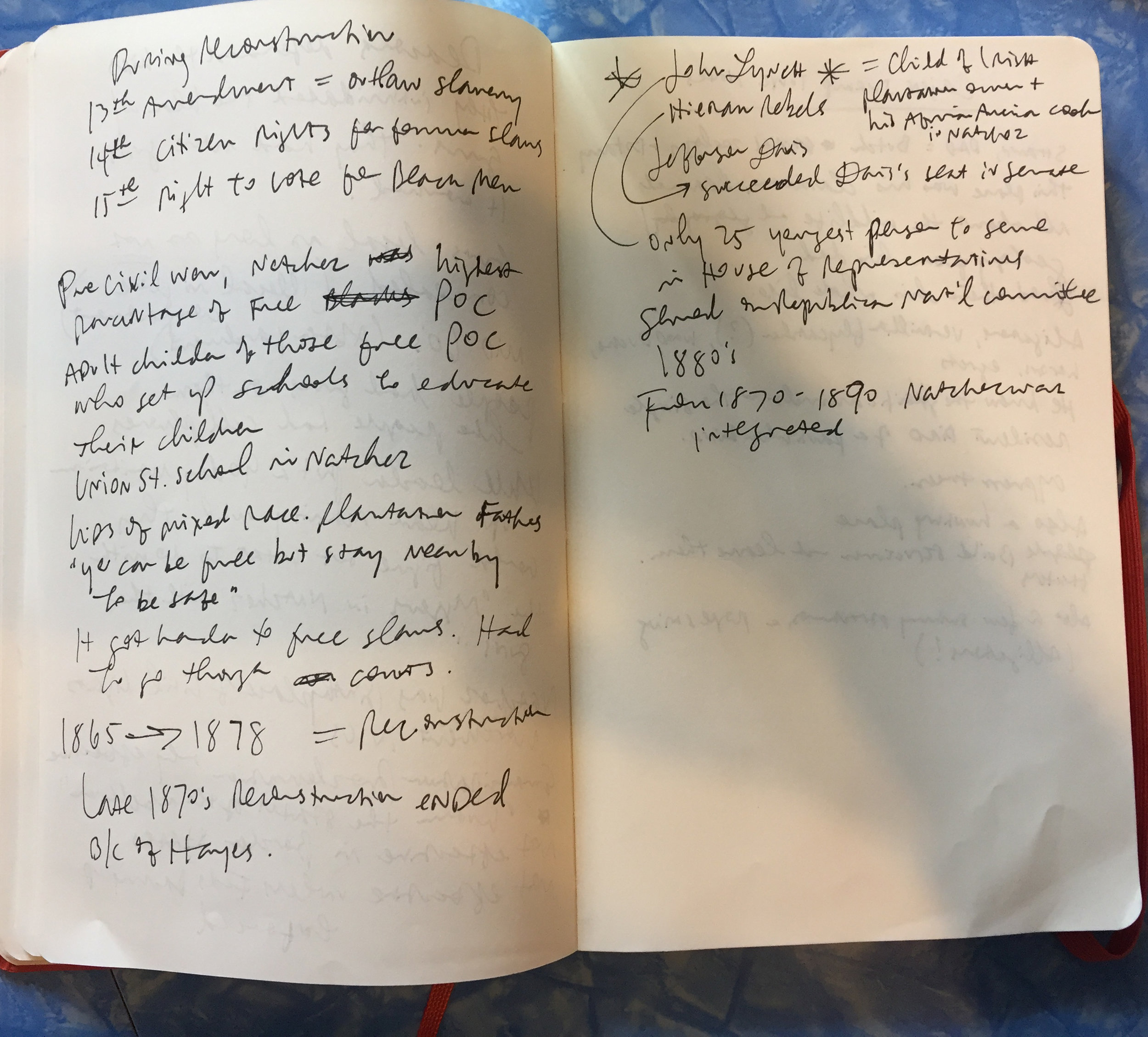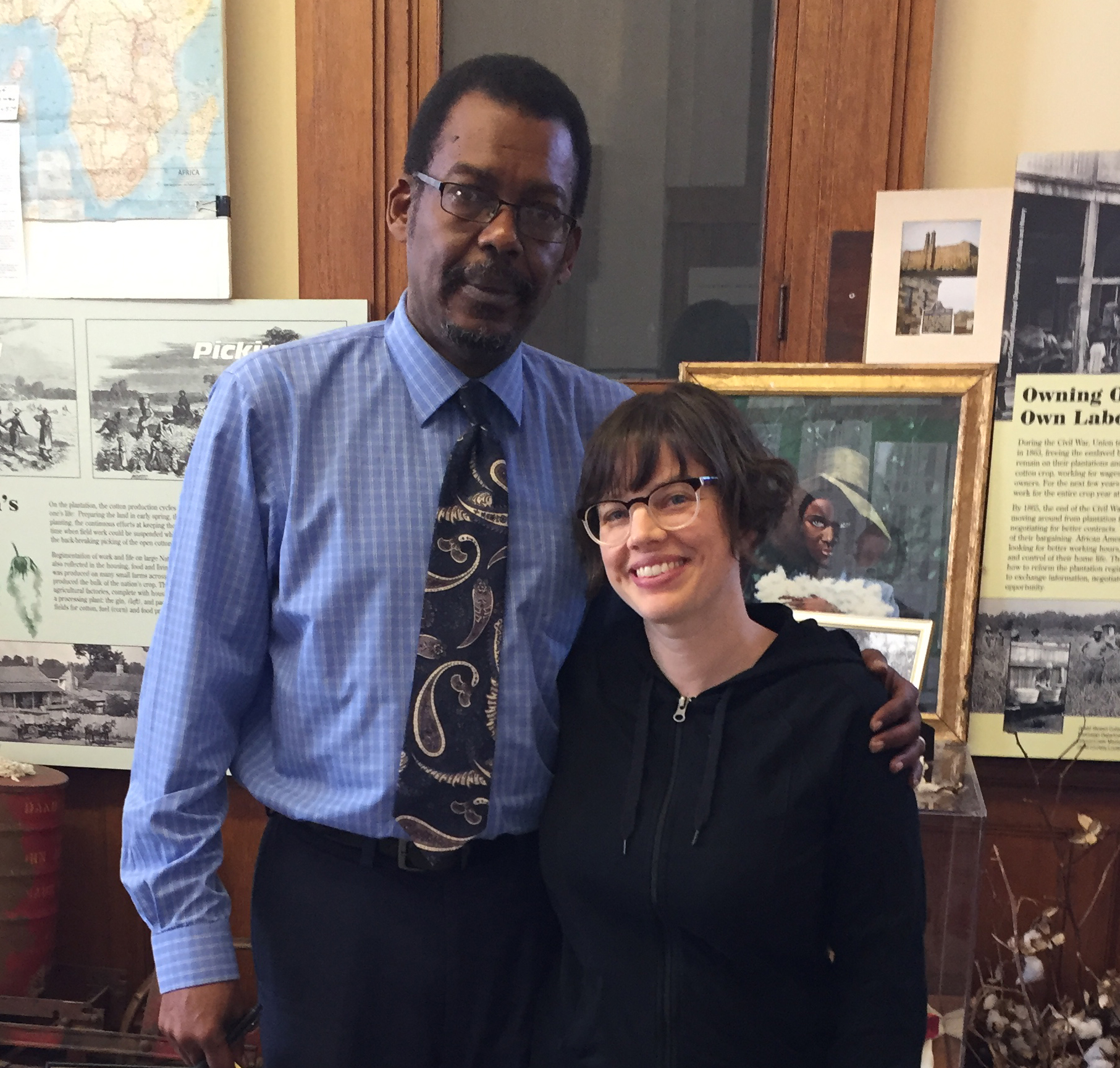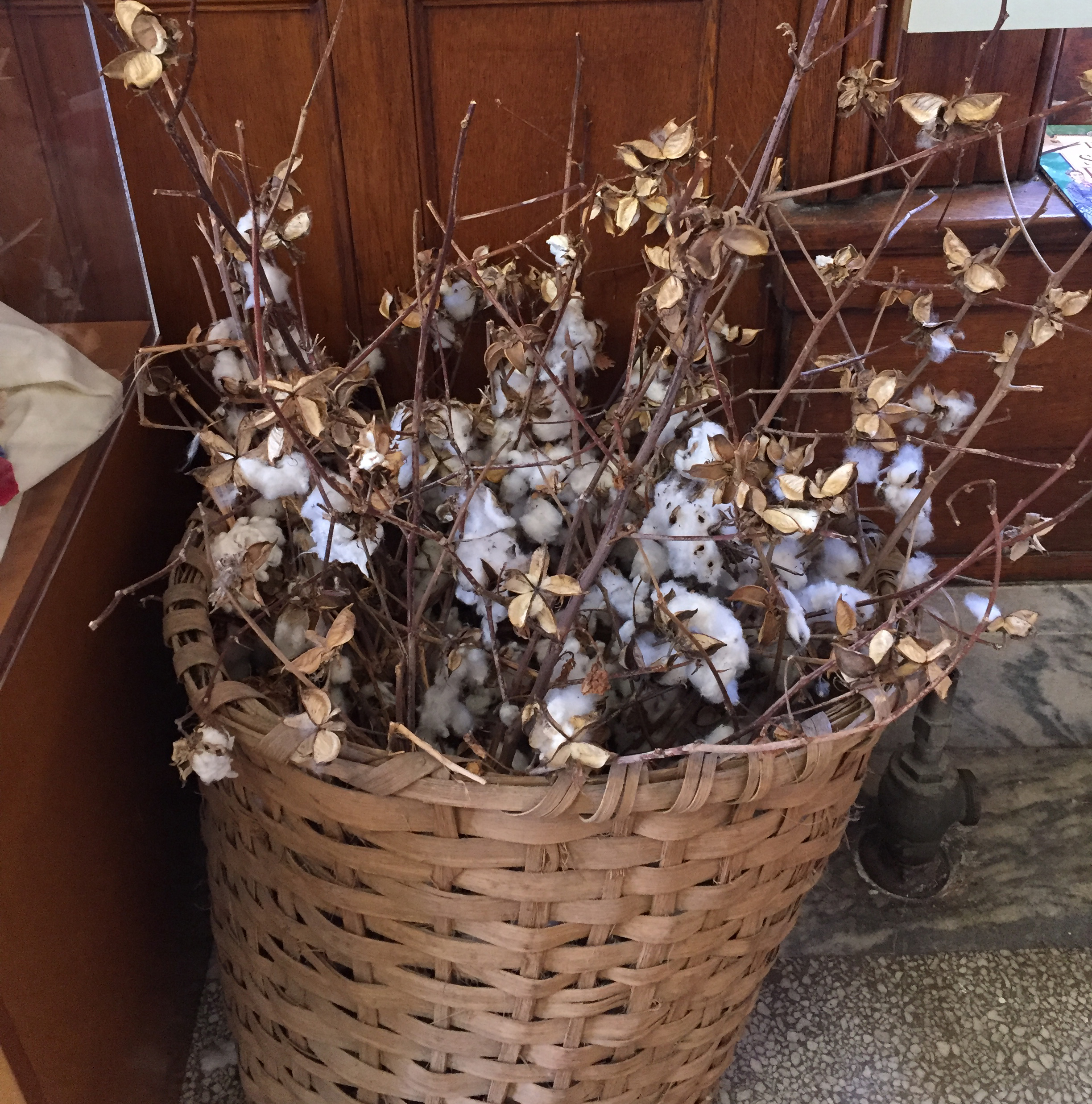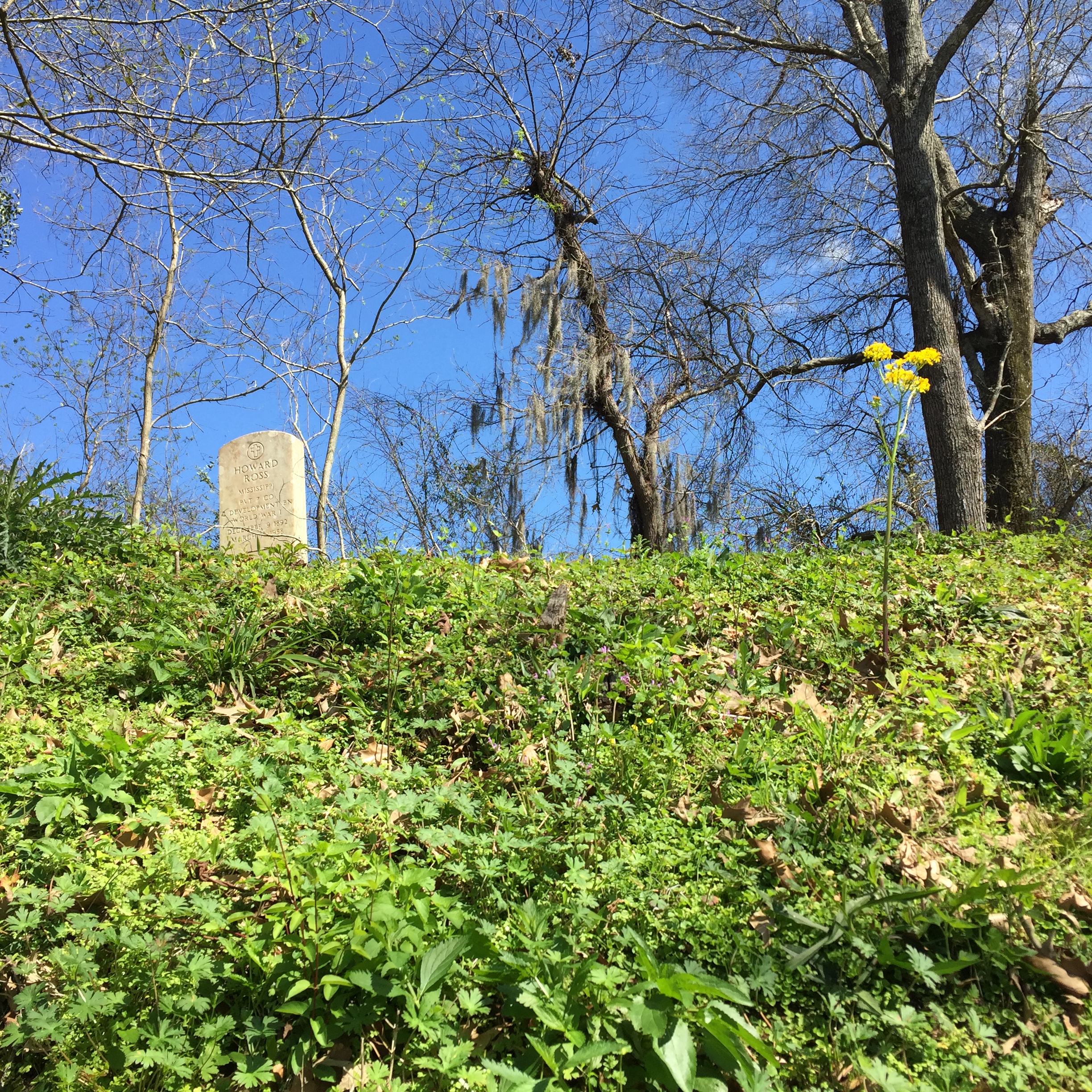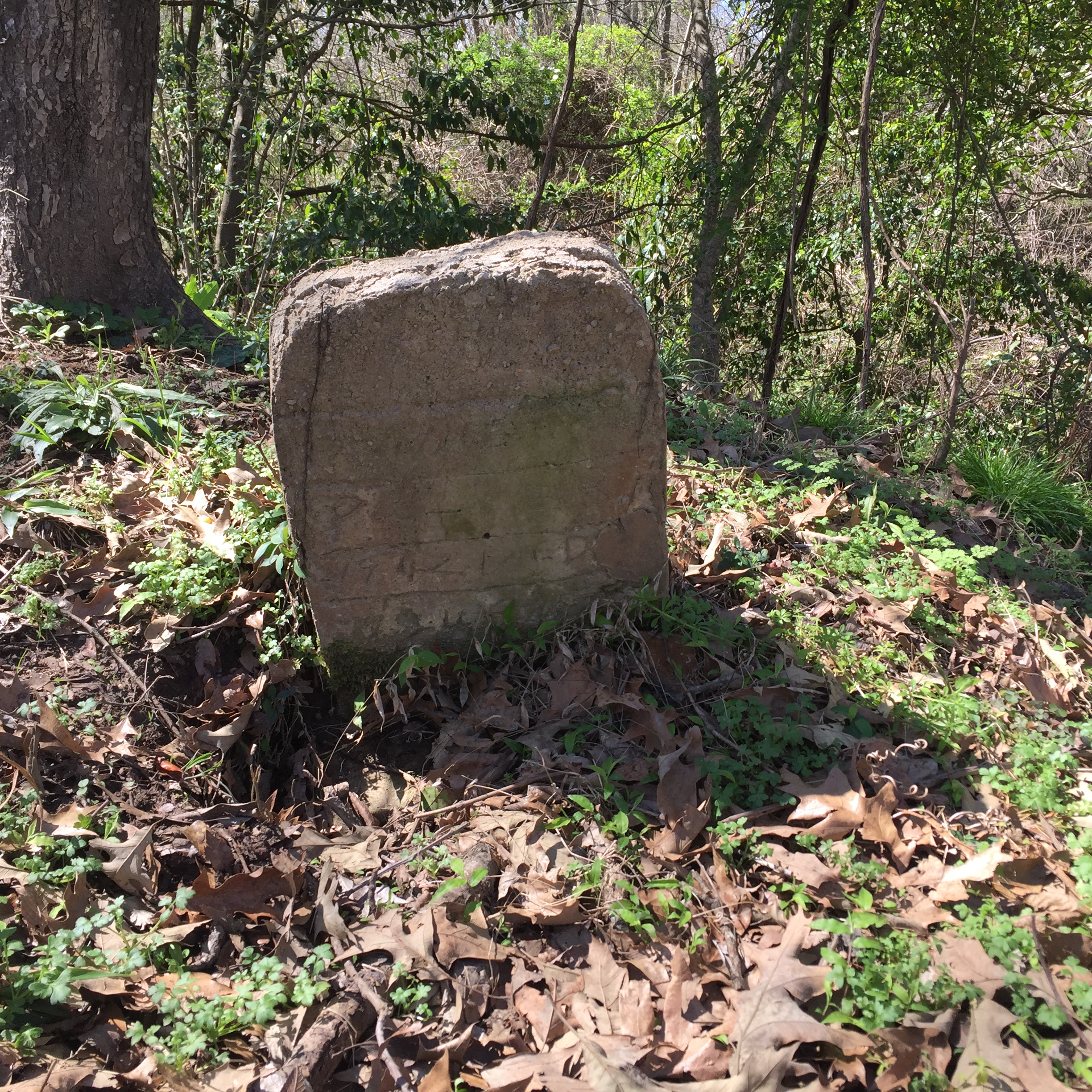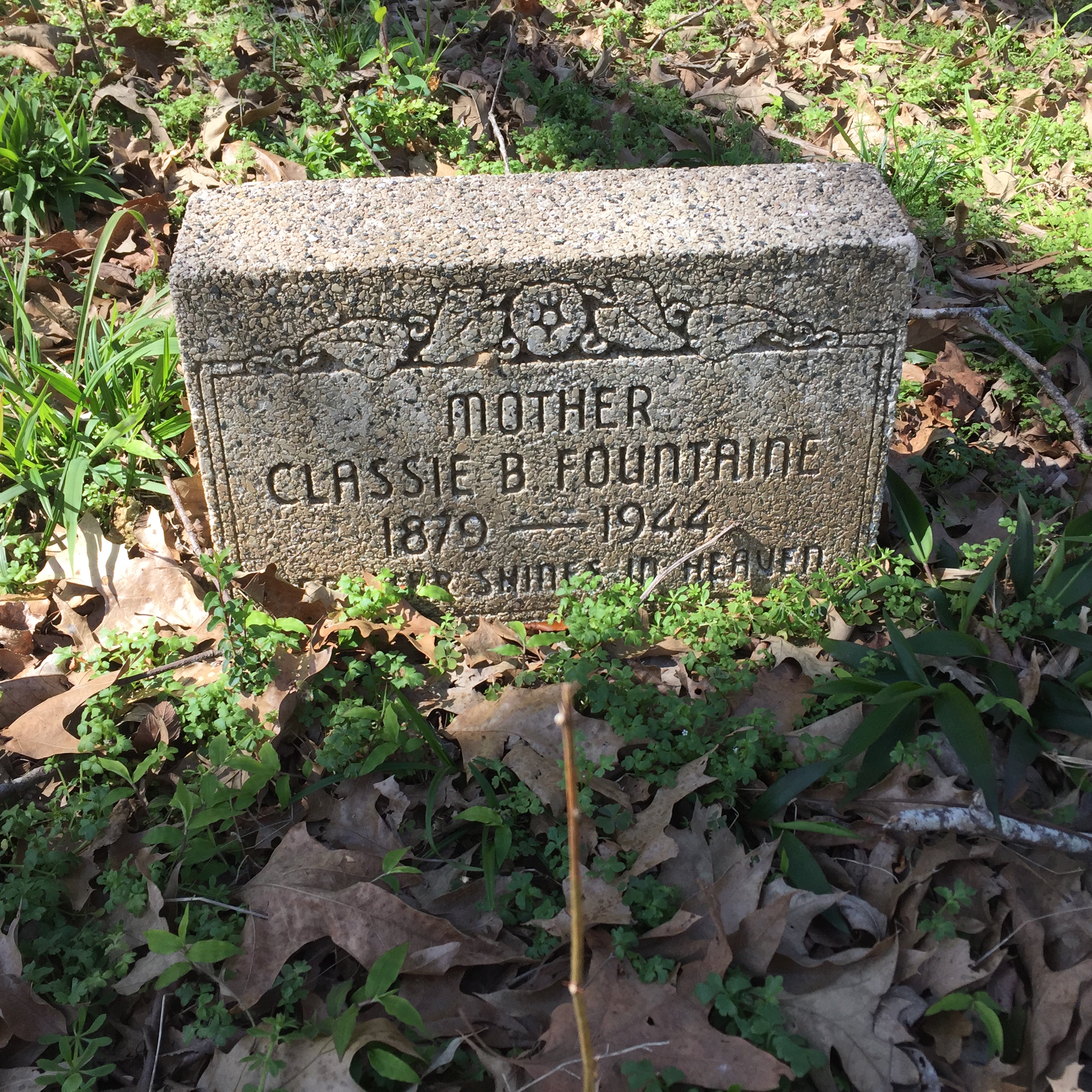"My name is Gustavo Milhojas. I was born in Chinique, El Quiché, Guatamala, in 1960, the year hell came to that country. I arrived in the United States on November 14, 2000. Before that, I resided in México...
I came to the United States to earn more money for my children. They are living with a family friend now while I'm here. I did not think of it so much as a choice as an obligation. It is my obligation to provide a good life for them. My son is in college now, and my daughter will start college next year at Universidad Veracruzana in Orizaba. This makes me happy because I believe it means they will both get to do what they want to do. There are not many people who can say that.
I thought it would be very difficult to cross. It was after September 11 and the security was supposed to be high. I crowded with a group of men into the back of a van with tinted windows. We were all on the floor, under a heavy black burlap blanket and, on top of that, a lot of empty cardboard boxes that were meant to look like freight. We drove right up to the checkpoint. A guard examined the driver's papers, which were legitimate. The guard did not know we were in the back of the van. He did not even look. The driver simply told him he was transporting construction supplies for a job in El Paso. There was a long pause. All of us in the back held our breath, waiting to be discovered. And then the guard let the driver through. That was it. It was almost unbelievable to me.
I found a job as soon as I could and began sending money back to my children. I started off in a mattress warehouse, dragging mattresses down metal ramps at the back of the store and loading them onto delivery trucks. When a mattress was defective, sometimes, one of the employees kept it. The bed I have today is from that job.
For a while, I worked at a canning factory were we packaged chiles and salsa. It wasn't very clean. There were maggots everywhere. The owners blamed the conditions on the workers. Besides that, I didn't like standing in one place for ten hours. We got only one break for fifteen minutes.
Now I have two jobs. Five mornings a week I work at the Newark Shopping Center movie theater, cleaning the bathrooms and the theaters. I make sure there's toilet paper in the stalls. I mop the floors. I have a wire brush I use to clean the sinks. In the evenings I work at the Movies 10 movie theater in Stanton. That job is harder because there are so many theaters. If too many movies finish all at once, it's a challenge to clean the theaters before the next group of people comes in. I have been reprimanded for leaving an empty cup in the seat arm. Usually I don't have time to go home between my shifts, so many times I eat popcorn and soda for dinner.
But I am very grateful for these jobs. They allow me to send money to my children to pay for their schooling. When both of them graduate, I would like to go back to México to be with them. My wish is that they'll do something worthwhile with their lives, something more important than sweeping popcorn. I have done what I can for them. I would like to see them give something back."
- Cristina Henríquez, The Book of Unknown Americans, 2014
(Red Country Reading List)











